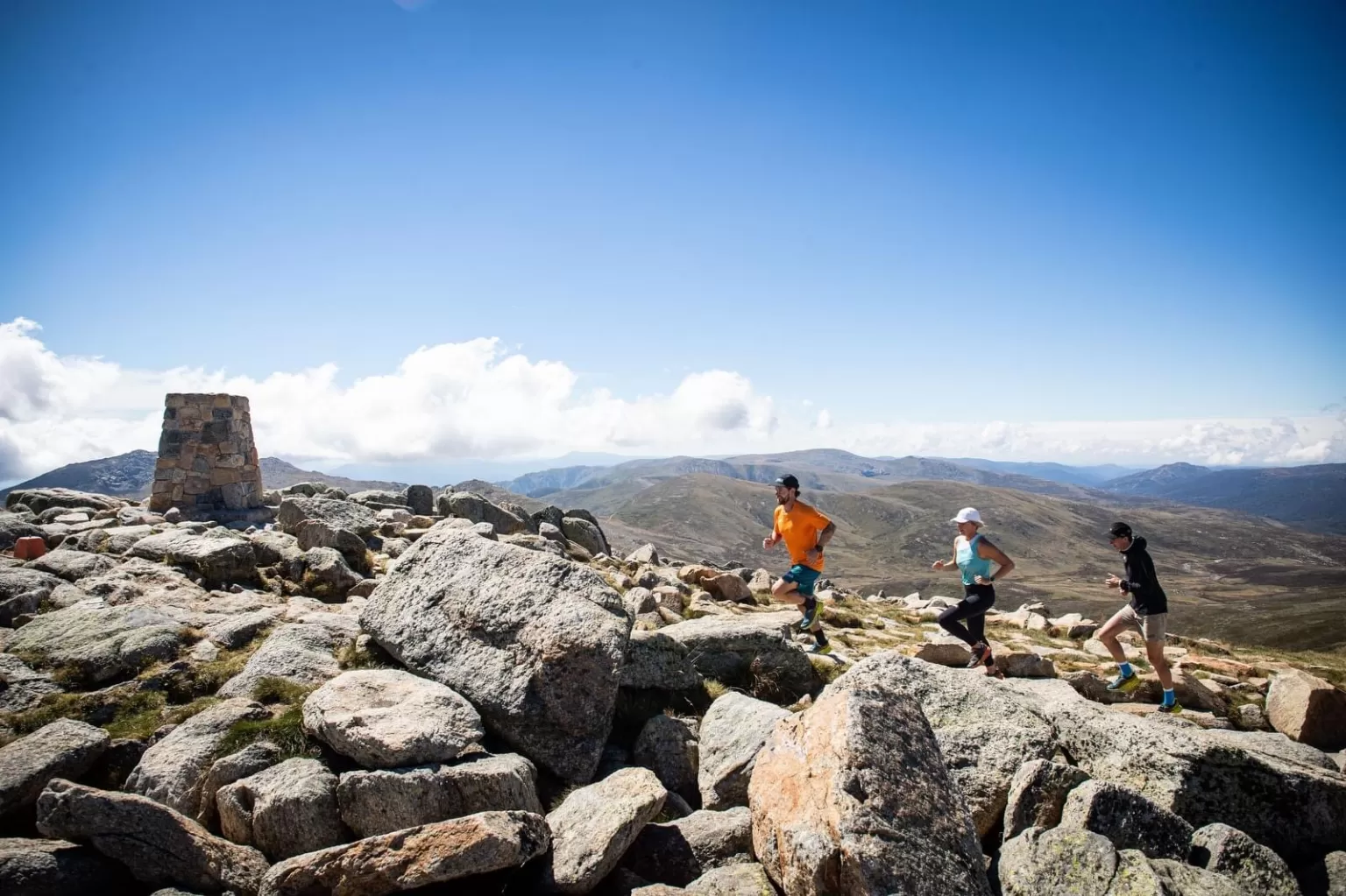Ultra Trail Kosciuzko by UTMB
Something you might not have considered in your build-up to #UltraTrailKosciuszko is altitude and its effect on your body. Here in Australia, there are not many places we can get super high, and running at altitude is something reserved mostly for the Australian Alps, so if you haven't run here before, here are some points to consider 👇 👉 All courses go up close to 2000m - with the race start line at 1300m, Eagles Nest at 1930m, and of course the KosciMiler and Kosci100 going up to the highest point on mainland Australia at 2,228m. This means all runners in all distances will feel the impacts of altitude. 👉 The higher altitude you go, the less oxygen there is in the air. Oxygen is obviously quite important when it comes to running, so less of it means that it will be harder to run the same pace you would at sea level for the same effort. On average, at 2000m you can expect to run between 15-25 seconds slower per KM than you would on the same terrain at sea level. We recommend not looking at that pesky pace field on your watch and running to perceived effort. 👉 Recovery is also impacted at altitude, with less oxygen in the blood meaning your muscles will recover slower - both during race and post-race. The longer the race, the more careful you'll need to be about digging too deep too soon, and everyone needs to pay close attention to the days and weeks post-race to ensure they're getting adequate sleep, rest and fuel to allow their body to properly recover. 👉 It's also widely accepted that fuelling (nutrition and hydration) needs to be increased at altitude. Extra fluid intake is essential. Higher altitude means that breathing is shallower and more frequent; this increased ventilation along with dry air leads to greater fluid losses through the respiratory system. Because sweat evaporates quickly, you can be led to believe that you are not losing much fluid and will be less inclined to drink. The amount of energy used also increases at altitude, especially in the first couple of days. Appetite is also suppressed by hypoxia (lack of oxygen). To fuel yourself sufficiently, take care to continue your caloric intake pre, during and post event.

2

0
